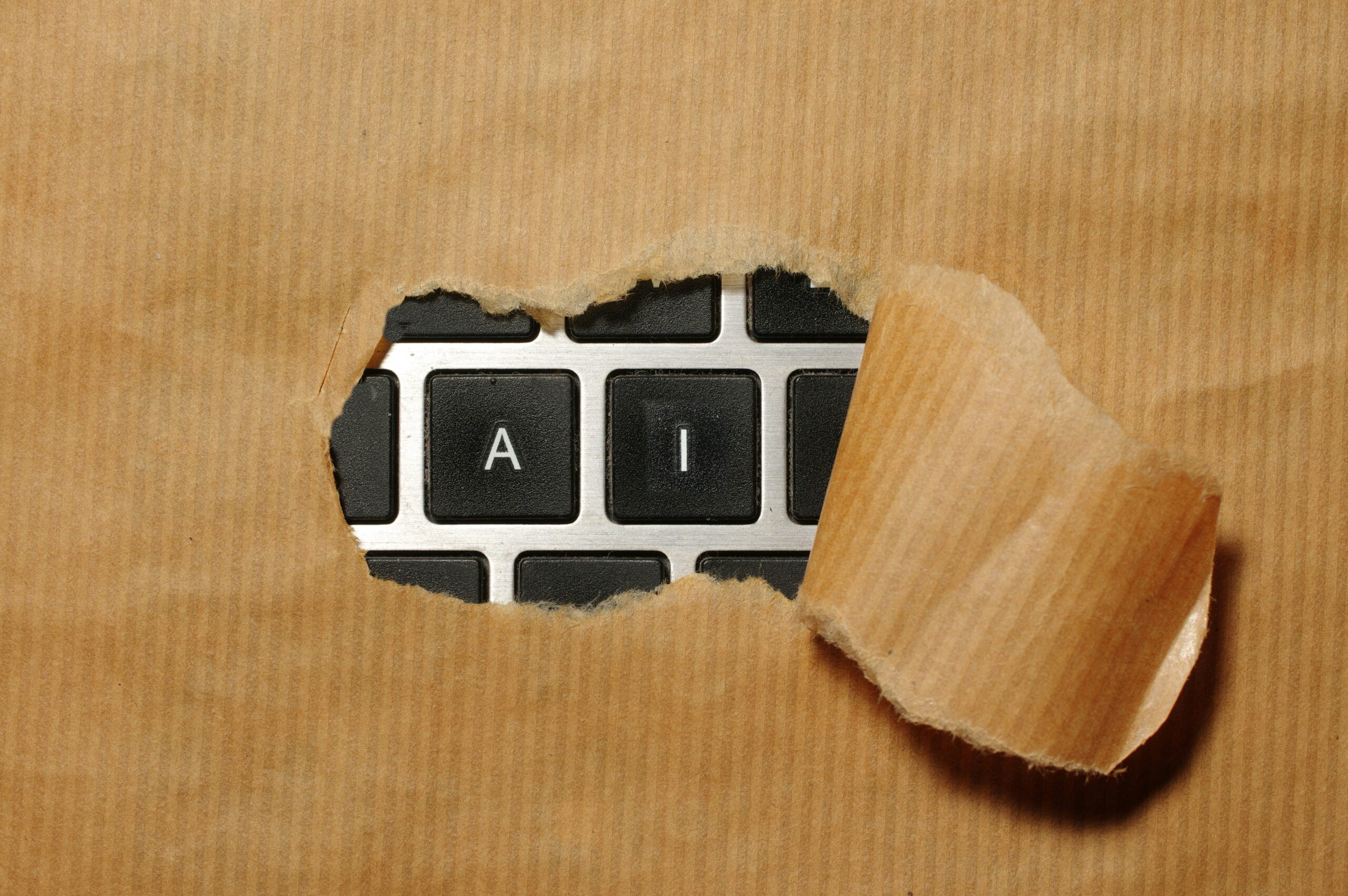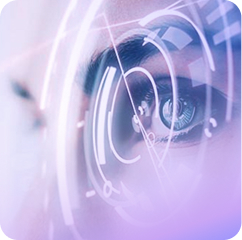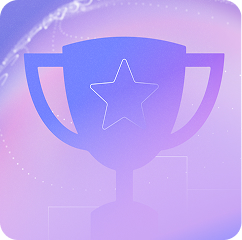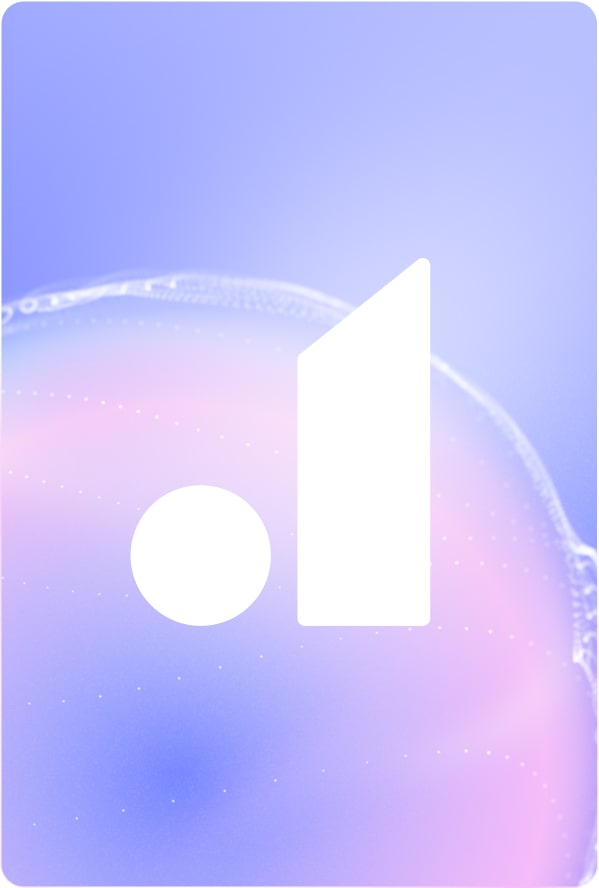
// Recruitment Technology
5 Ways an AI Interview Transcript Transforms Your Recruitment
06/11/2025
5 MIN
We all know that an interview is the most important part of the recruiting process. As a former recruiter, I’ve tried speaking with candidates both by taking notes with pen and paper and by using an AI note-taker.
My main experience was mainly with tech roles like product, data, software, and so on. Interviews with technical people are challenging, mainly because you have to remember a lot of details about specific tools and technologies while also ensuring that the interviewee’s attitude is the right one. I know that a transcript can’t show if a candidate is hungry, humble, and smart, but if you ask the right questions, you’ll uncover insights about both soft skills and technical abilities.
At first, the transition from old-fashioned notes to interview transcripts felt strange. I thought this might be too AI-driven, making the relationship with the interviewee feel less personal. I also worried that I wouldn’t remember what the interviewee said because taking notes helps you retain information.
After testing AI note-taking in hundreds of interviews, especially via Microsoft Teams, I quickly realized how much it could transform the recruitment process with the help of Applicant Tracking System (ATS), not just for me, but for every interviewer and interviewee involved.
First of All, What is an AI Interview Transcript?
An AI interview transcript is an AI-powered tool that joins the video or audio call between the recruiter and the candidate, taking detailed notes of everything discussed. After the interview, the recruiter or anyone else can replay the recording (regardless of the file size) and review the entire conversation in written record.
They can then ask specific questions to get precise answers, or even better, generate a complete report about the candidate. Atlas AI helps maintain a high-quality interview transcript for clear and dependable records that simplify the process of creating detailed reports.
5 Reasons Interview Transcription Can Uplift The Recruitment Process
1. Save Valuable Time
The AI note-taker records and writes everything, giving you a full, well-structured transcript right after the interview. These interview transcripts make it easier to revisit any part of the conversation later.
Then, you can ask any follow-up question you want – for example “What was the reason the candidate left Company X and joined Company Y?” in less than 3 seconds, you’ll have a detailed, accurate answer. That’s the time you can reinvest in building stronger relationships with your candidates.
2. Better Focus During Interviews
The AI note-taker allows interviewers to pay more attention to the candidate because they don’t have to multitask between listening and writing. This way, interviewers can have a natural, engaging interview and review the interview transcripts afterward, instead of trying to capture every detail in real time.
3. More Accurate and Complete Notes
Let’s face it, we’re all human, and we can’t remember or write down every single thing a candidate says during an interview. This is especially true for technical roles, where candidates often share project details or specific examples of their work.
Having complete interview transcripts ensures that no valuable information is lost. Plus, when interviewers have several interviews in a day, their memory can fade. Being able to go back to the transcript helps them recall exact details and ask more precise follow-up questions later.
4. Easier, Faster Reports
The AI note-taker on the Atlas platform captures every detail, so when an interviewer needs to write a report, it can easily be summarized. You can even ask the AI to create a summary of the candidate profile. This reduces report-writing time from 30 minutes to just 5.
You can also tell the AI transcript exactly how you want the interview report structured, and it will generate that format automatically. Having organized interview transcripts makes this process even more efficient and extract some key insights that you want.
5. Better Candidate Management
When interviewers know they have the AI note-taker supporting them during interviews, they can focus on building genuine rapport with the candidates from the very beginning. The relationship with the candidate is one of the most important parts of recruiting. Pay attention to small personal details – their pet’s name, favorite hobby, or even how their day went. It might sound minor, but it makes a big difference.
Everyone appreciates it when someone remembers the small details from your interview conversation. Reviewing interview transcripts later also helps maintain that personal connection by recalling those moments accurately.
But, What About High Accuracy in Soft Skills?
As I mentioned earlier, many people question whether a transcribed interview can truly evaluate the soft skills of an interviewee. The truth is, while AI can’t “feel” empathy or emotion, tools like Atlas AI can detect key examples within the interview transcripts that reveal important behavioral traits.
You can easily ask Atlas’s transcript to review the answers and generate a clear, well-structured report for your client with high accuracy, applicable to all recruiting roles. For instance, you can prompt Atlas AI with questions like:
- Was the candidate humble? Show me examples from our conversation where humility was demonstrated.
- Is the candidate able to work autonomously and take ownership? Identify moments where they mentioned leading a project from start to finish with minimal guidance.
- Is the candidate passionate and driven? Highlight where they discussed staying up-to-date with new technologies or continuously improving their skills.
With this approach, AI features don’t replace your human judgment; they enhance it. It helps you validate your impressions with real, data-backed examples directly from the interview transcripts, making your final assessment even more accurate and objective.
Conclusion: Is Transcription Software Really Helpful After All?
If you ask me, the answer is, of course, “Yes”! AI note-taking and interview transcripts make the recruiting process easier, faster, and more meaningful.
They help interviewers stay focused, remember the details, and build stronger connections with every interviewee. Tools like AI transcripts don’t replace people; they simply make the process smoother, smarter, and help you save time.








